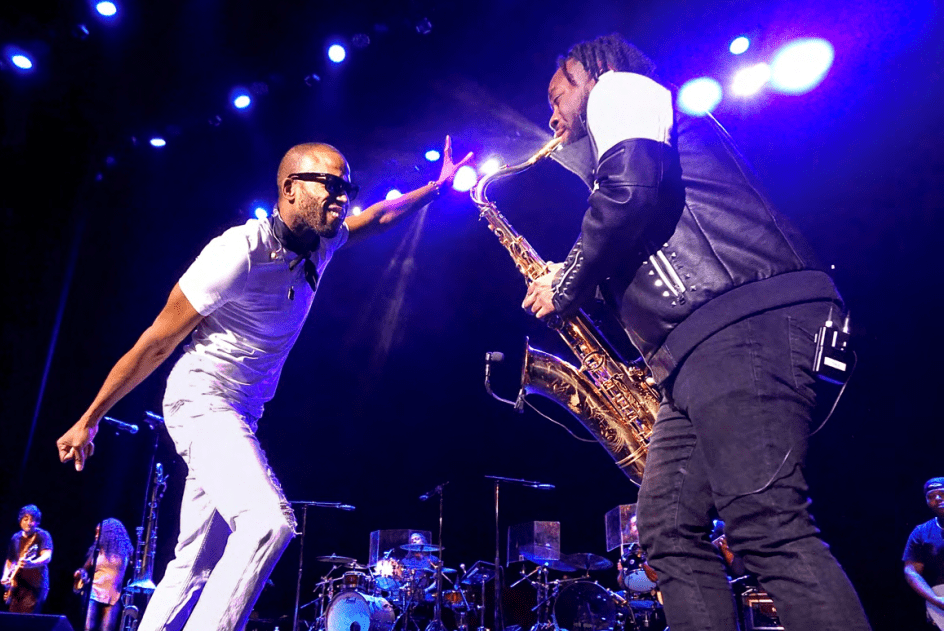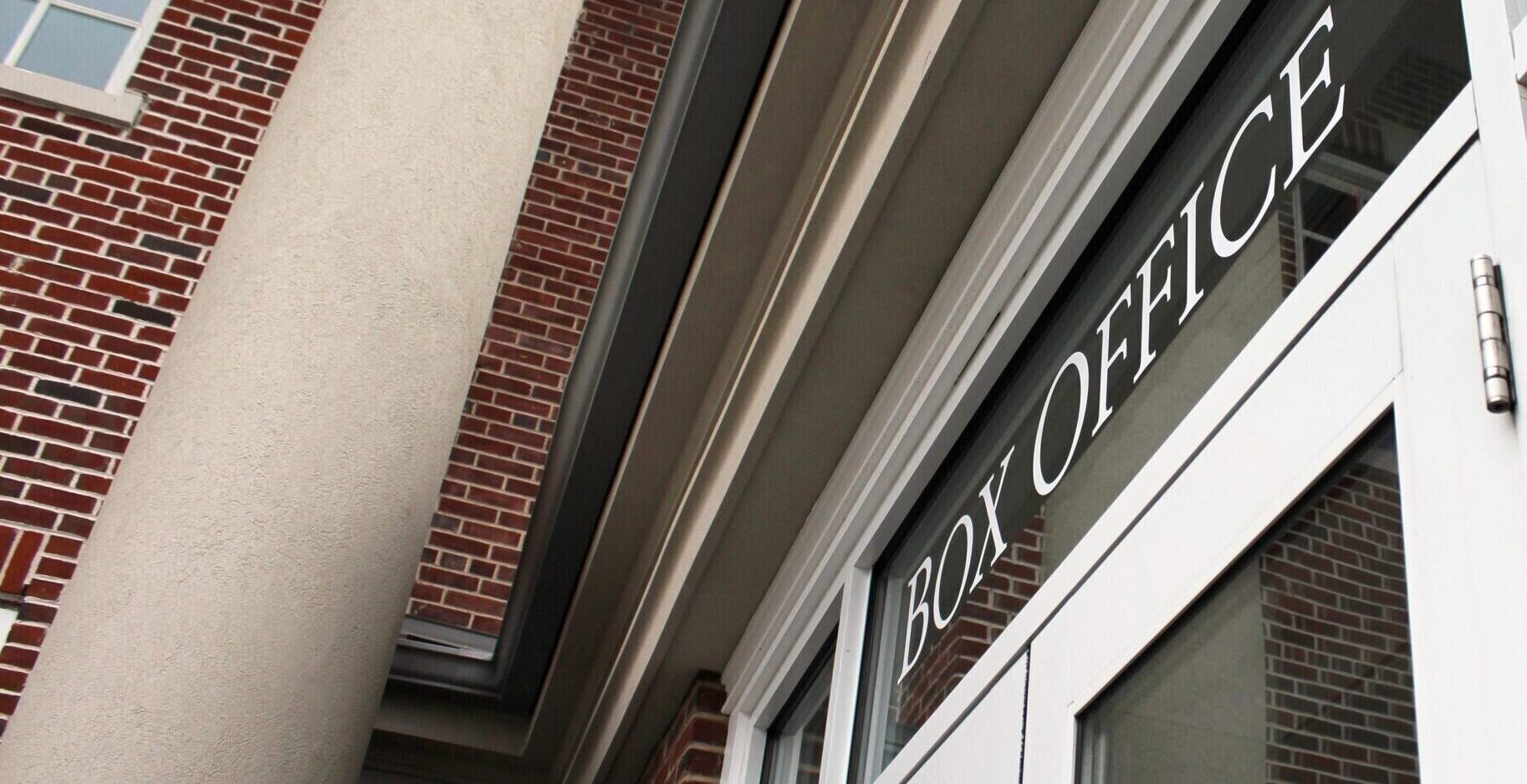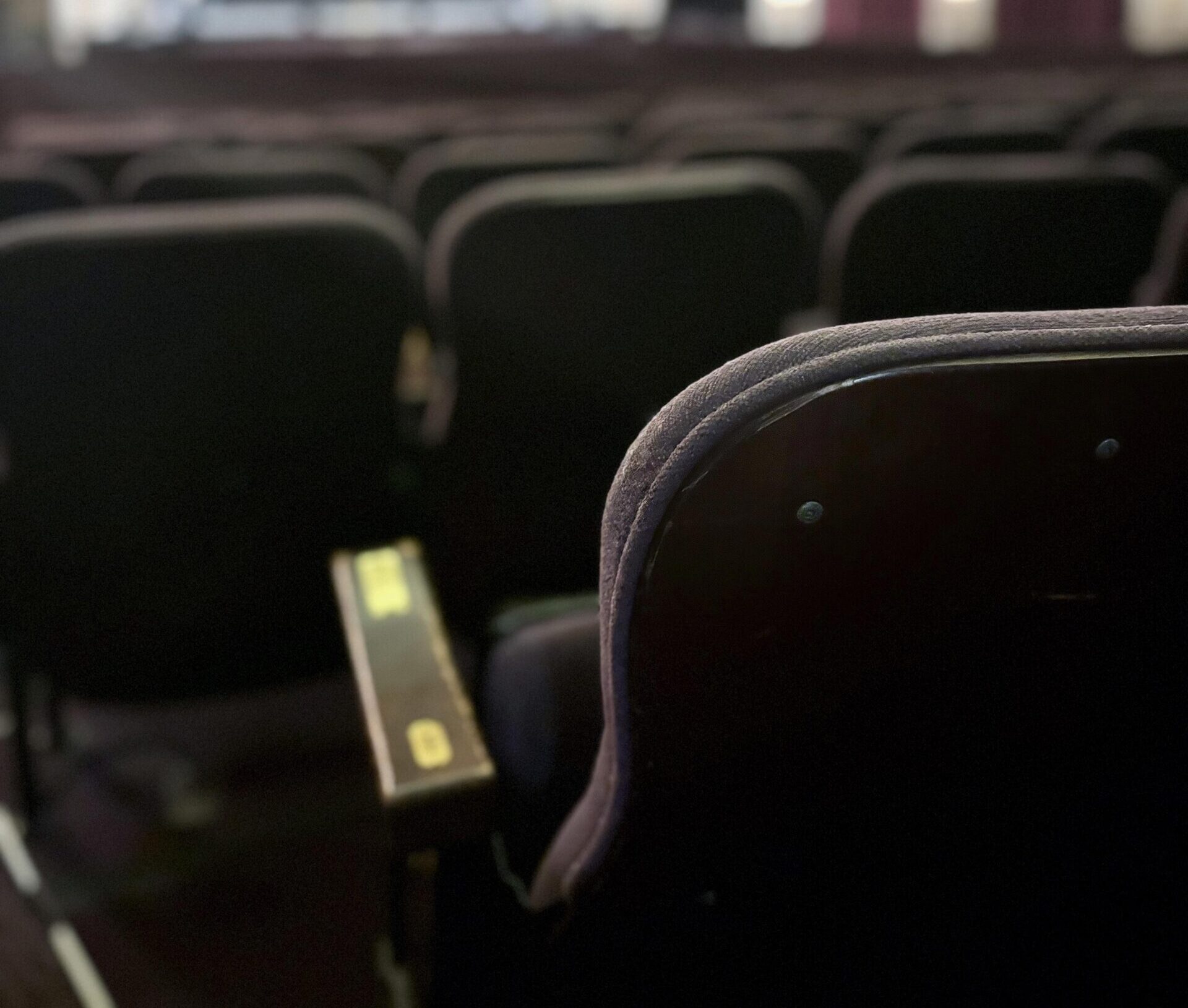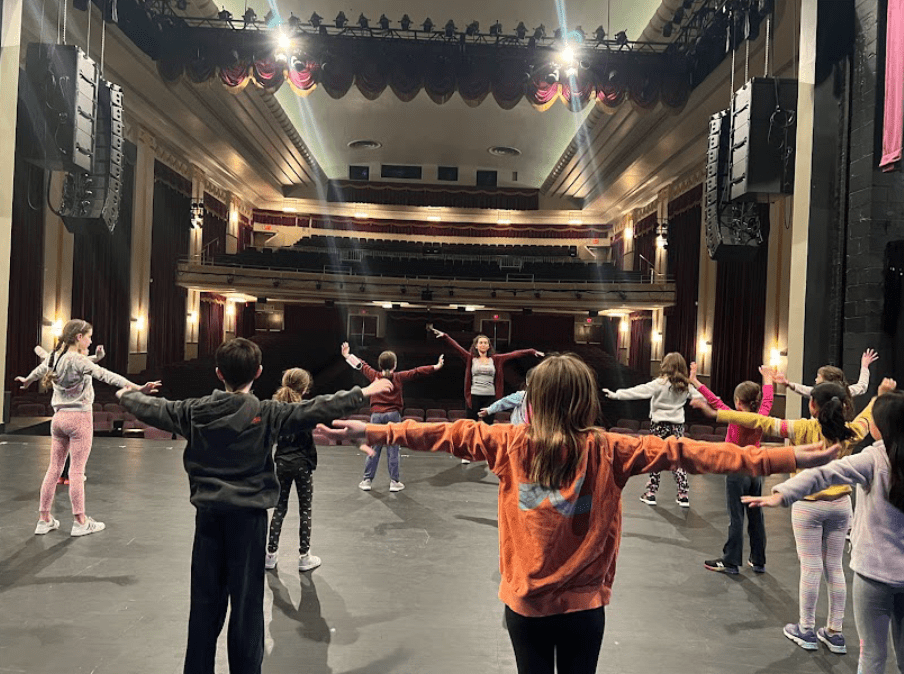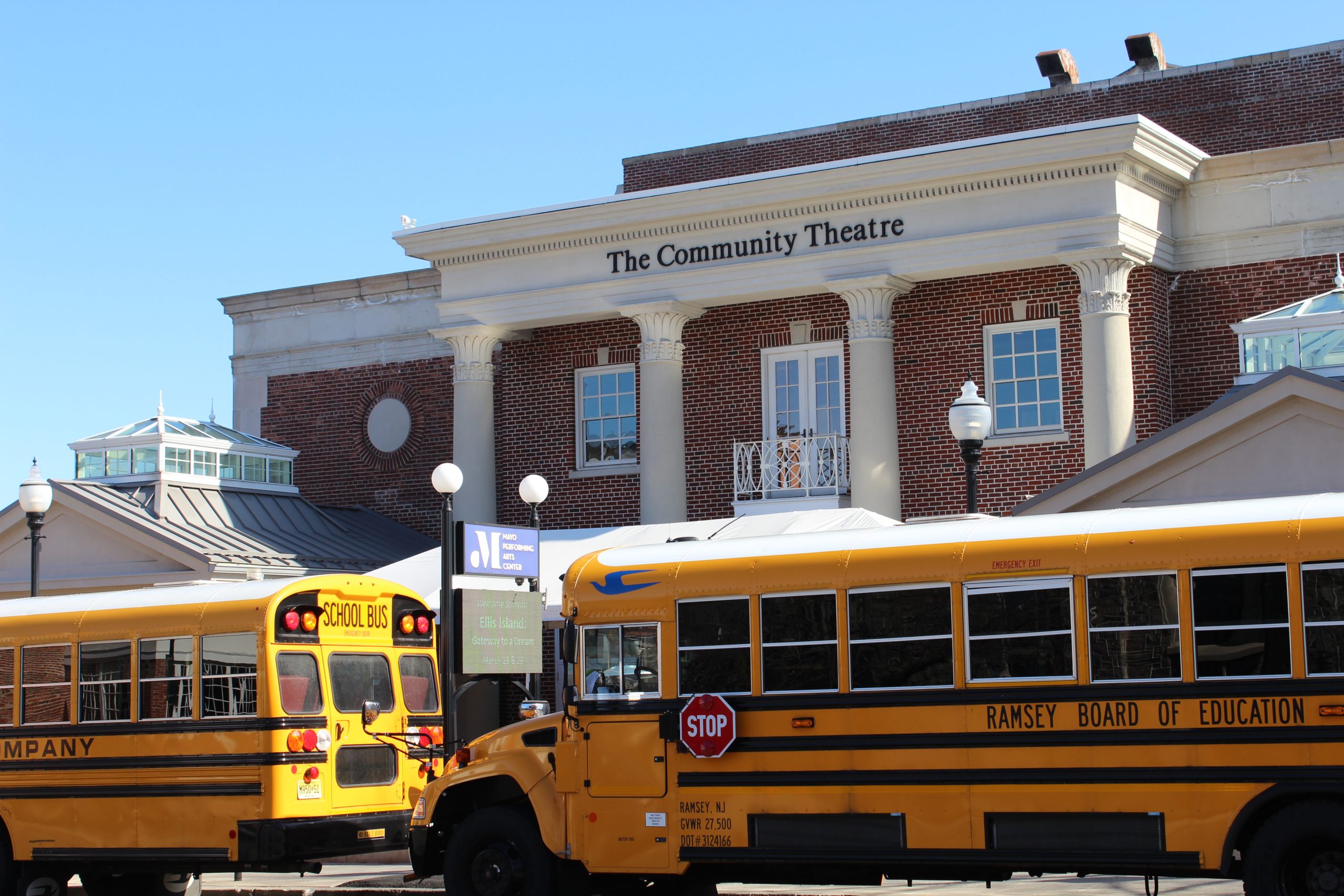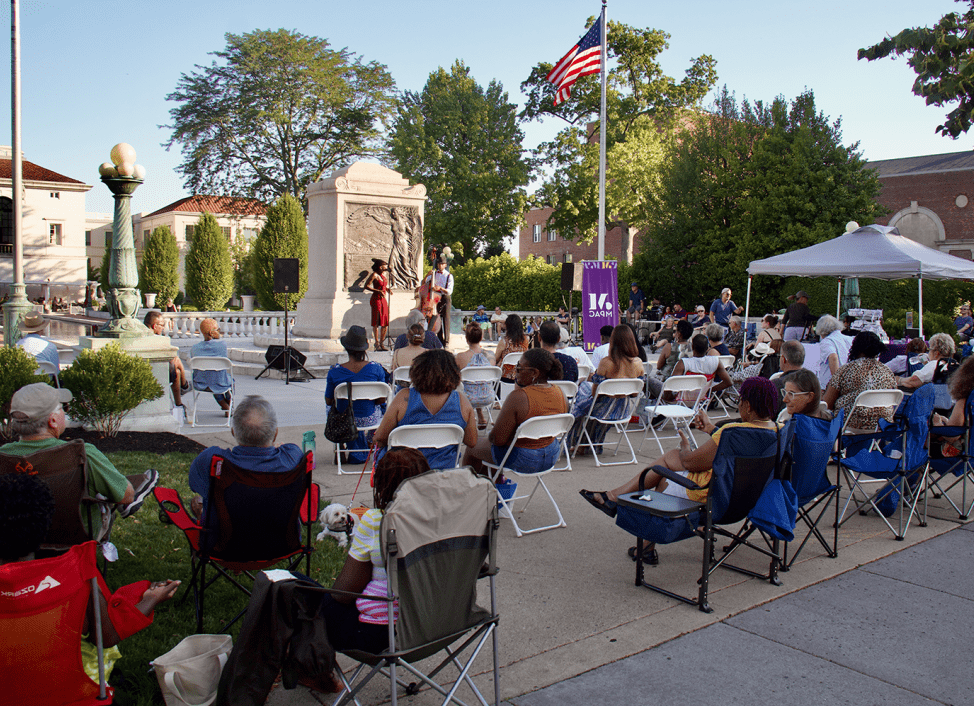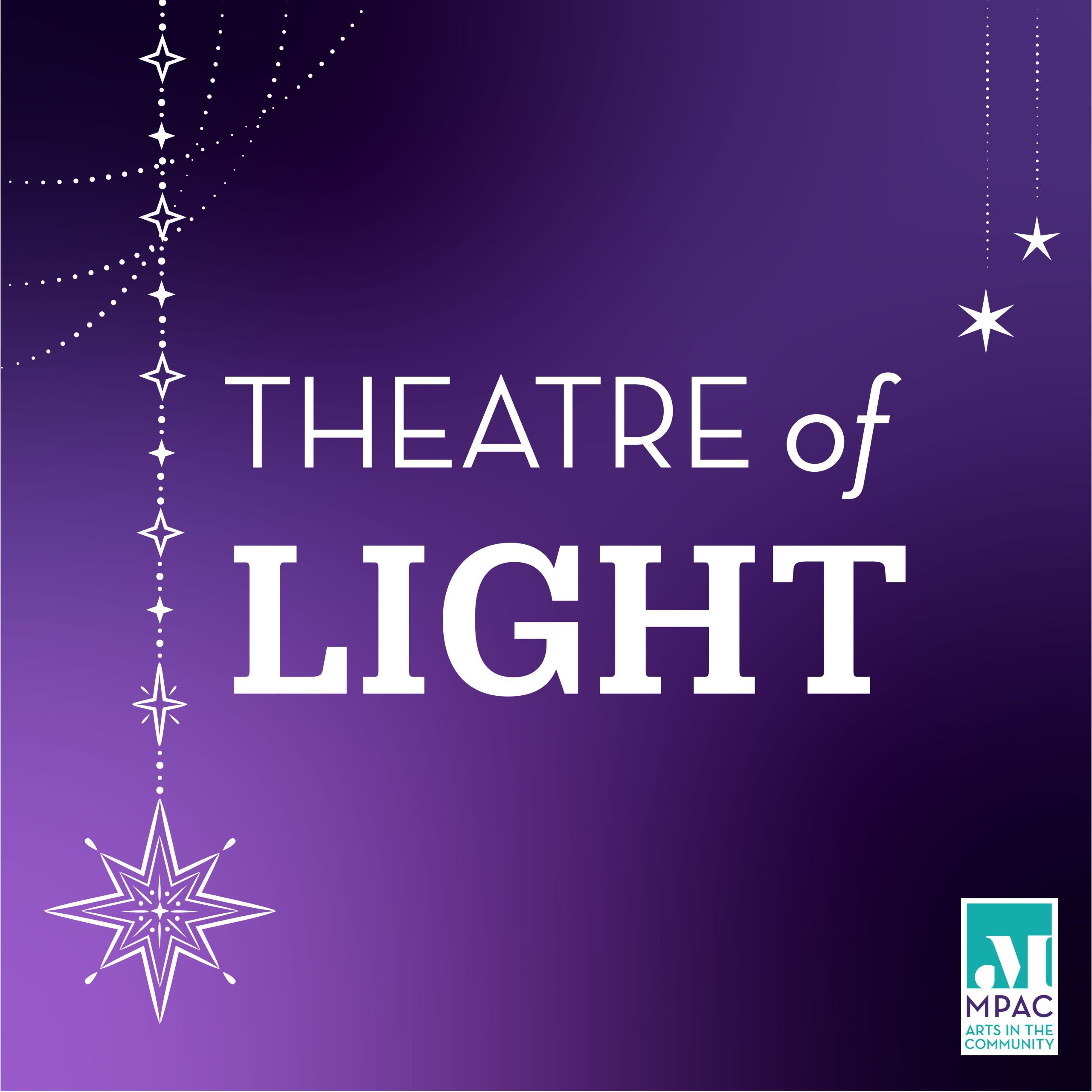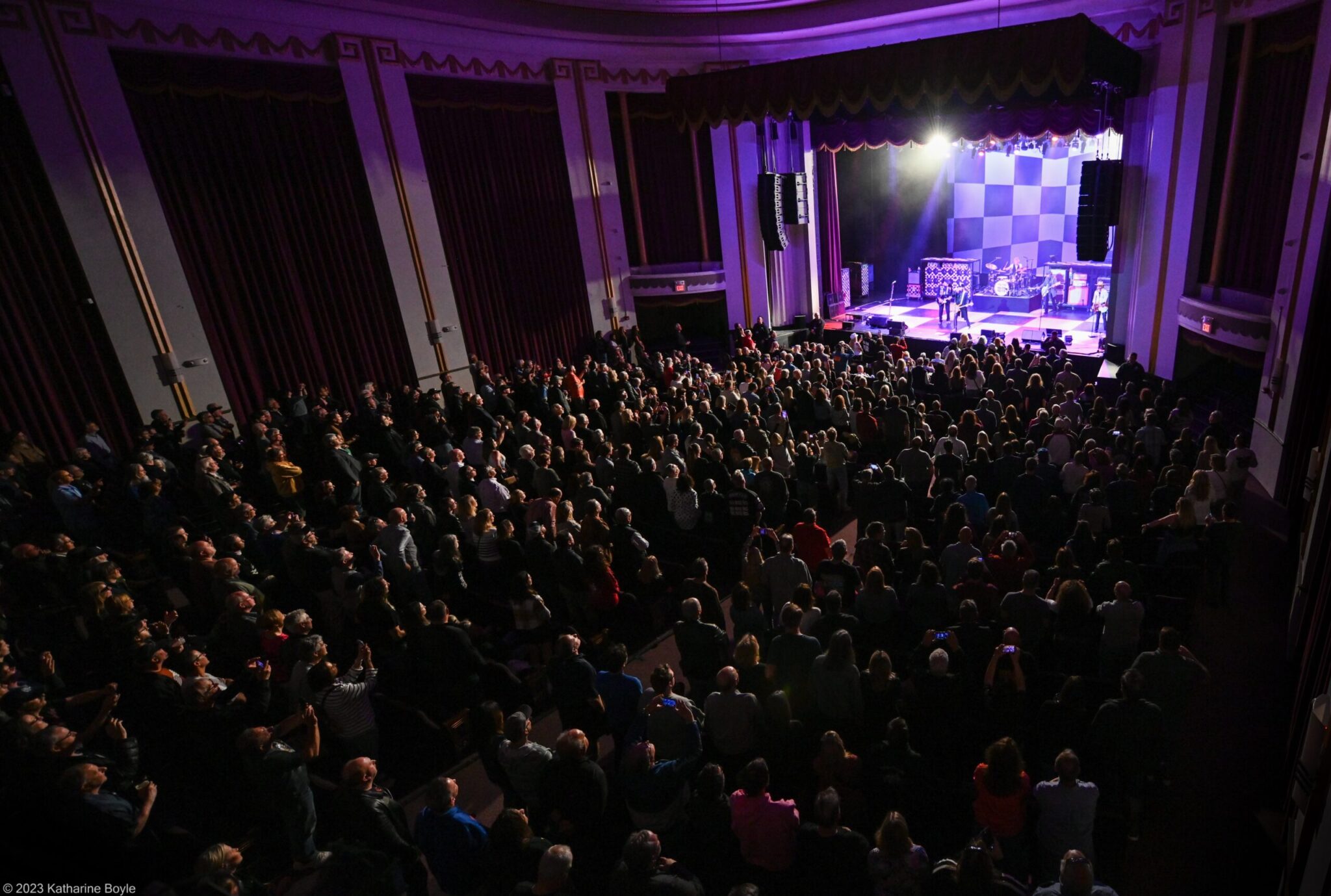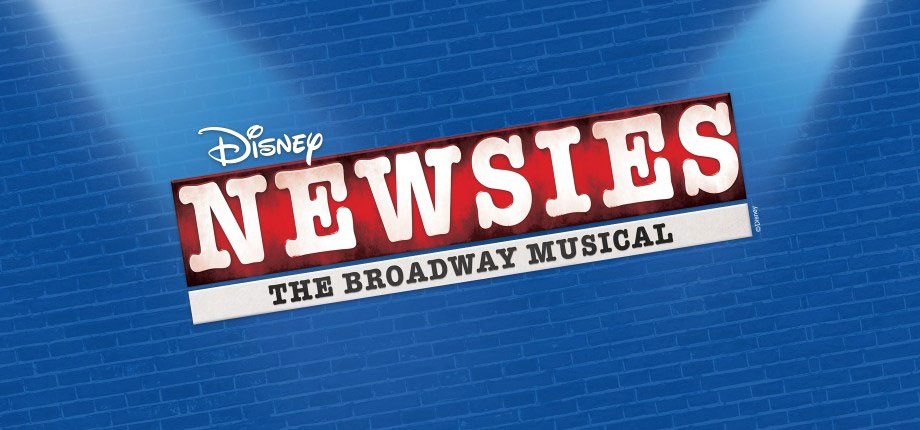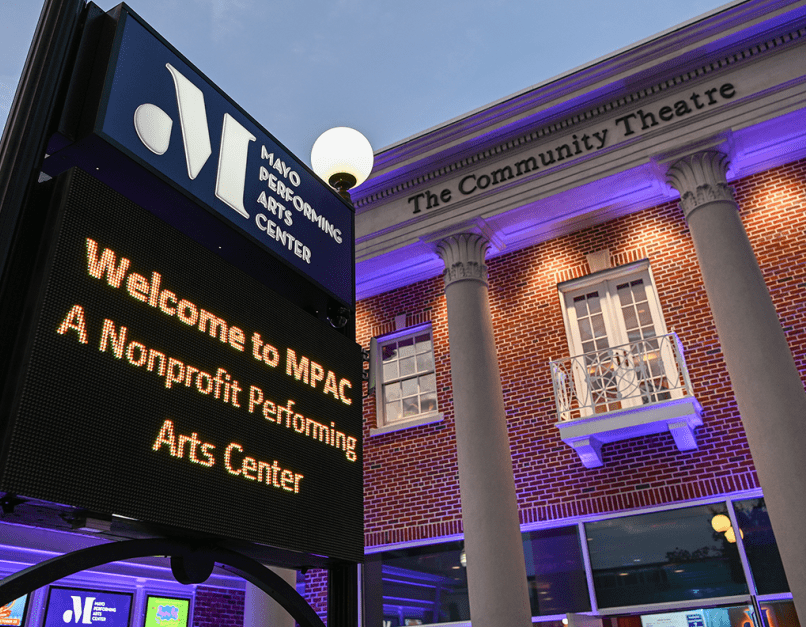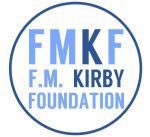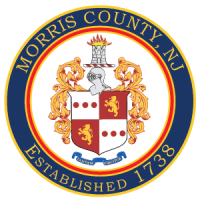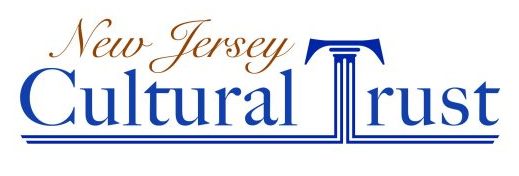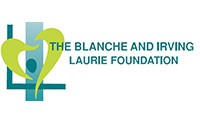Arts Education Tailored to Individual Educational
The Mayo Performing Arts Center Residency programs offer students a unique opportunity to work with professional artists and to experience the arts right in their classroom.
This program is intended to work very closely with the classroom teacher to enhance current curriculum through the use the arts.
Participation in Arts Residency programs reinforce skills in reading comprehension, following directions, public speaking, critical thinking, conflict resolution, team building, concentration, memorization, character development, and problem solving. Participation in any creative process provides youth with a better understanding of their peers, their communities and the world as a whole.

